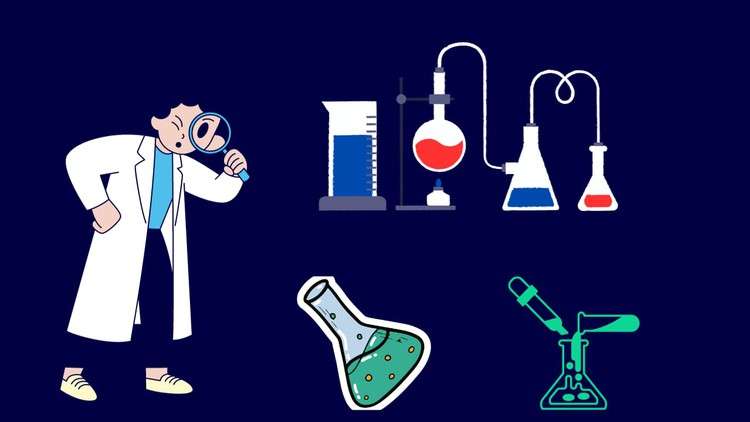
Chemistry Fundamentals: Unraveling Functional groups, Periodic table, Precision in Measurements, Redox Dynamics.
What you will learn
Identification and Understanding: Students will learn to recognize and understand different functional groups in organic compounds, which are crucial for predic
Quantum Mechanics: Introduction to basic quantum mechanical concepts helps students comprehend the fundamental principles governing the behavior of particles at
Oxidation-Reduction Definitions: Students will understand the concepts of oxidation and reduction and how they relate to the transfer of electrons in chemical r
Electron Configuration: Understanding how electrons are arranged in atoms is essential for explaining the periodic table, bonding, and the behavior of elements
Description
This foundational chemistry course provides students with a comprehensive understanding of fundamental concepts essential for further exploration in the field. From the molecular building blocks of organic compounds to the intricacies of atomic structure and chemical reactions, students will delve into the core principles that underpin modern chemistry.
Key Concepts:
Functional Groups:
Identification and characterization of organic functional groups.
Predicting chemical behavior based on functional group properties.
Nomenclature and systematic naming of organic compounds.
Periodic Table:
Exploration of periodic trends influencing elemental properties.
Classification of elements and their relevance in chemical reactions.
Understanding electron configuration and its impact on chemical behavior.
Significant Figures:
Precision in measurement and scientific notation.
Rules for determining significant figures in calculations.
Application of significant figures to convey measurement uncertainty.
Atomic Structure:
Examination of subatomic particles and their properties.
Electron configuration and its role in chemical bonding.
Introduction to quantum mechanics and its impact on atomic theory.
Redox Reactions:
Definitions of oxidation and reduction in chemical reactions.
Balancing redox equations and understanding electron transfer.
Application of redox reactions in electrochemical cells and industrial processes.
Course Objectives:
Develop a proficiency in identifying and understanding organic functional groups.
Apply knowledge of periodic trends to predict elemental behavior and reactivity.
Master the skill of working with significant figures in experimental data and calculations.
Gain a comprehensive understanding of atomic structure and its role in chemical phenomena.
Analyze and balance redox reactions, exploring their applications in various contexts.
No specific prerequisites are required, but a basic understanding of general science and mathematics is recommended.
Thank you.
Content